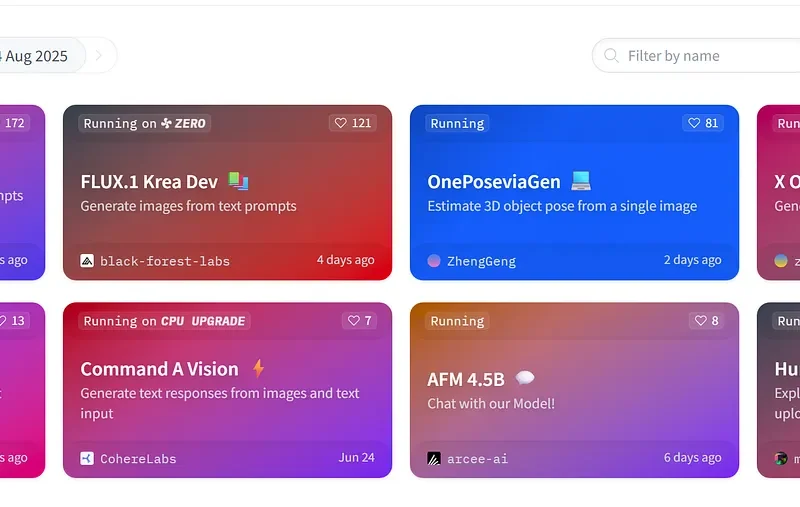A recent survey highlights a notable disparity in cybersecurity awareness, revealing that Generation Z exhibits significantly less concern regarding online security compared to older demographic groups. The study, conducted by consumer insights platform GWI, examined the cybersecurity habits and attitudes across different generations, uncovering a potential vulnerability among Gen Z in the digital landscape.
The research indicates that only 30% of Gen Z individuals regularly change their passwords. This figure pales in comparison to Baby Boomers, where 42% report consistently updating their passwords. This discrepancy suggests a potentially lax approach to basic cyber hygiene among younger internet users, despite their reputation as digitally native.
Furthermore, Gen Z appears to be the least proactive generation in maintaining up-to-date software and devices. The survey found that only 43% of Gen Z respondents make an effort to keep their software and devices current. This lack of diligence in applying security updates could leave them more susceptible to known vulnerabilities exploited by cybercriminals.
The survey also assessed the use of antivirus software, revealing that only 36% of Gen Z individuals employ such security measures. In contrast, a slightly higher percentage, 58%, reported using two-factor authentication (2FA). This suggests a partial adoption of security practices, but with a potential gap in comprehensive protection.
Gen Z exhibits riskier behavior regarding public Wi-Fi usage. Only 35% of Gen Z respondents actively avoid using insecure public Wi-Fi networks, while 48% of Baby Boomers exercise caution in this area. The willingness to connect to potentially compromised networks underscores a potential disregard for the inherent risks associated with unsecured connections.
Account monitoring habits also vary significantly across generations. The study reveals that 40% of Gen Z individuals regularly check their accounts for suspicious activity, compared to 54% of Baby Boomers. This difference suggests a lower level of vigilance among younger users in detecting and responding to unauthorized access or fraudulent transactions.
When questioned about their level of concern regarding cyber attacks, 44% of Gen Z respondents expressed being “very” or “extremely” concerned. In comparison, 49% of Baby Boomers indicated similar levels of concern, highlighting a potential disconnect between perceived risk and actual security practices among Gen Z.
Notably, Gen Z demonstrates a higher level of trust in artificial intelligence (AI) technologies. Eighteen percent of Gen Z respondents reported feeling extremely or very comfortable with AI agents taking action on their behalf, compared to only 4% of Baby Boomers. Conversely, only 8% of Gen Z individuals expressed discomfort with AI agents, while 12% of Boomers shared similar sentiments.
The survey indicates that 24% of Gen Z individuals rely on AI for health-related information, and 22% utilize AI for financial advice. Furthermore, 24% of Gen Z respondents reported being comfortable with AI completing tasks at work, which is more than twice the proportion of Baby Boomers who expressed similar comfort levels.
Despite these trends, a significant majority of Gen Z recognizes the importance of cybersecurity training. Ninety-one percent of Gen Z respondents believe that training staff on data security should be a key workplace priority, indicating an awareness of the need for improved cybersecurity skills.
Matt Smith, data journalist, suggests that Gen Z’s overreliance on smartphones and automation may contribute to a false sense of security. “Gen Z has grown up in a world where convenience is the default. With devices auto-filling passwords, logging them in with a glance, and silently syncing their data, there’s little reason, or opportunity, for them to build good security habits,” Smith stated.
Smith added, “But that reliance on automation creates a false sense of safety. When something goes wrong, many Gen Zers don’t know how to react—because they’ve never had to think about it.”
A separate study conducted by Bitwarden earlier this year corroborates these findings. The Bitwarden research revealed that 72% of Gen Z individuals admitted to recycling credentials, compared to 42% of Baby Boomers. This practice of reusing passwords across multiple accounts significantly increases the risk of widespread compromise in the event of a data breach.
The Bitwarden study also found that when creating new passwords, 38% of Gen Z individuals and 31% of Millennials only change a single character or reuse an existing password, further highlighting a lack of robust password management practices among these generations.

